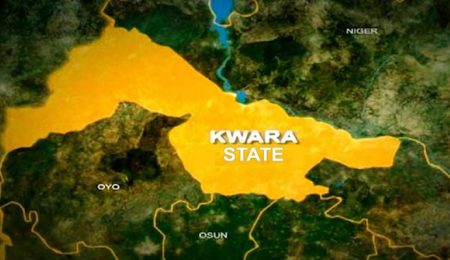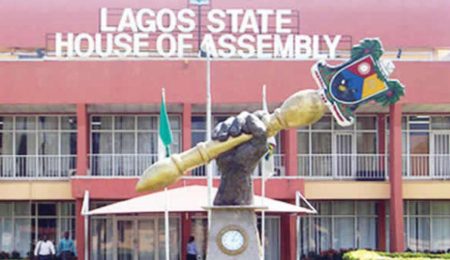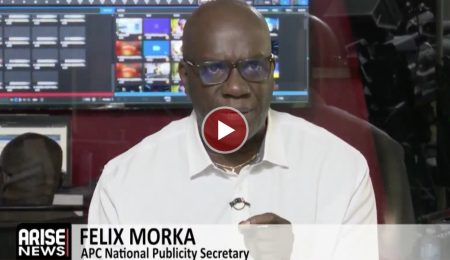The Dangote Petroleum Refinery has commenced its free nationwide fuel distribution plan despite mounting criticism from industry unions and marketers.
On September 11, the refinery revealed it would begin the direct supply of free petrol across the country on September 15, a move it described as part of its commitment to easing the burden on Nigerians. The announcement, however, was met with swift opposition.
The Nigeria Union of Petroleum and Natural Gas Workers (NUPENG) dismissed the initiative on September 12 as a “Greek gift,” while the Depot and Petroleum Products Marketers Association of Nigeria (DAPPMAN) argued on September 13 that the claim of “free delivery” was misleading, insisting that marketers were required to lift at least 25 percent of their allocations directly from the refinery gantry.
Addressing the pushback in an advertorial published on Sunday, the Dangote refinery accused some actors of waging an orchestrated campaign of sabotage against its operations.
“From the outset, it has been evident that certain actors are intent on undermining the operations of the Dangote Petroleum Refinery, particularly the planned deployment of Compressed Natural Gas (CNG)-powered trucks for the distribution of fuel,” the company said.
It described the CNG-powered trucks as a “transformative step towards Nigeria’s long-sought goal of energy self-sufficiency,” adding that the resistance to the project was being fuelled by vested interests threatened by progress.
The refinery also countered DAPPMAN’s claims on product quality, recalling a 2022 incident in which the Nigerian National Petroleum Company (NNPC) confirmed that one of DAPPMAN’s members had supplied petrol containing over 15 percent methanol, a practice the refinery called “unsafe and questionable.”
“The result was widespread engine damage for thousands of end users. Yet, no transparent government inquiry or independent investigation was ever conducted to determine the source, intent, or full impact of the adulterated fuel,” the refinery stated.
It further alleged that the certification process for petroleum products imported into Nigeria is riddled with irregularities, insisting that a forensic audit would expose the discrepancies.
“The so-called certificates of quality, if subjected to an independent forensic audit, would not match up to industry standard which forms the basis for actual pricing template of the products,” the refinery said.
On fuel pricing, the refinery rejected claims that petrol in neighbouring Togo was cheaper than in Nigeria, noting that the average pump price in Lomé was about 680 CFA francs per litre, equivalent to N1,826.
The refinery maintained that it has positioned Nigeria as a key supplier of affordable petrol feedstock to West Africa, despite still importing over 60 percent of the crude oil it processes.
It accused DAPPMAN and its affiliates of being “disproportionately focused on the importation of refined products” and said the unionisation debate being pushed by some groups was a “cheap ploy” to resist reform.
NUPENG had earlier suspended a planned strike against alleged anti-union practices at the refinery on September 9 but threatened fresh industrial action just two days later.
Despite the growing backlash, Dangote insisted there would be “no going back” on its plan to distribute free petrol nationwide, casting the move as a bold step toward reshaping Nigeria’s oil and gas industry.
Faridah Abdulkadiri
Follow us on:


